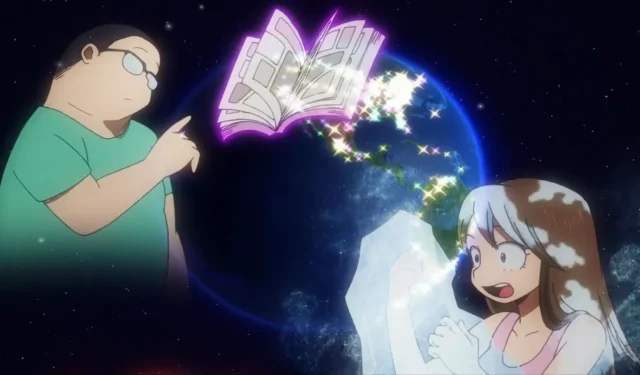
Main Insights
- Quirks play a crucial role in shaping an individual’s identity and self-esteem, influencing their life’s journey and sense of inclusion.
- The societal view of quirks determines whether a person is seen as a hero or a villain.
- In a society packed with superpowers, those with quirks face significant societal pressures and expectations.
In the universe of My Hero Academia, quirks refer to the extraordinary abilities bestowed upon individuals from birth. These powers commonly begin to surface around the age of four and affect over 80% of the population. Since quirks manifest during early childhood, individuals often form their personalities and make vital life choices influenced by these abilities.
In this context, having a quirk is immensely significant, making the absence of one a heartbreaking reality. Viewers witness the turmoil experienced by Izuku Midoriya and his mother when they learn from their doctor that he would not develop a quirk. The impact of quirks is profound, as they largely determine how individuals see themselves, influence social dynamics, and shape professional paths. Without a quirk, Midoriya confronts the harsh truth that he may never fit in or realize his dream of becoming a hero, regardless of his aspirations. The presence or absence of a quirk significantly steers a character’s life course, creating expectations that influence their interactions within society.
Quirks and Personal Identity
Understanding Self-Perception
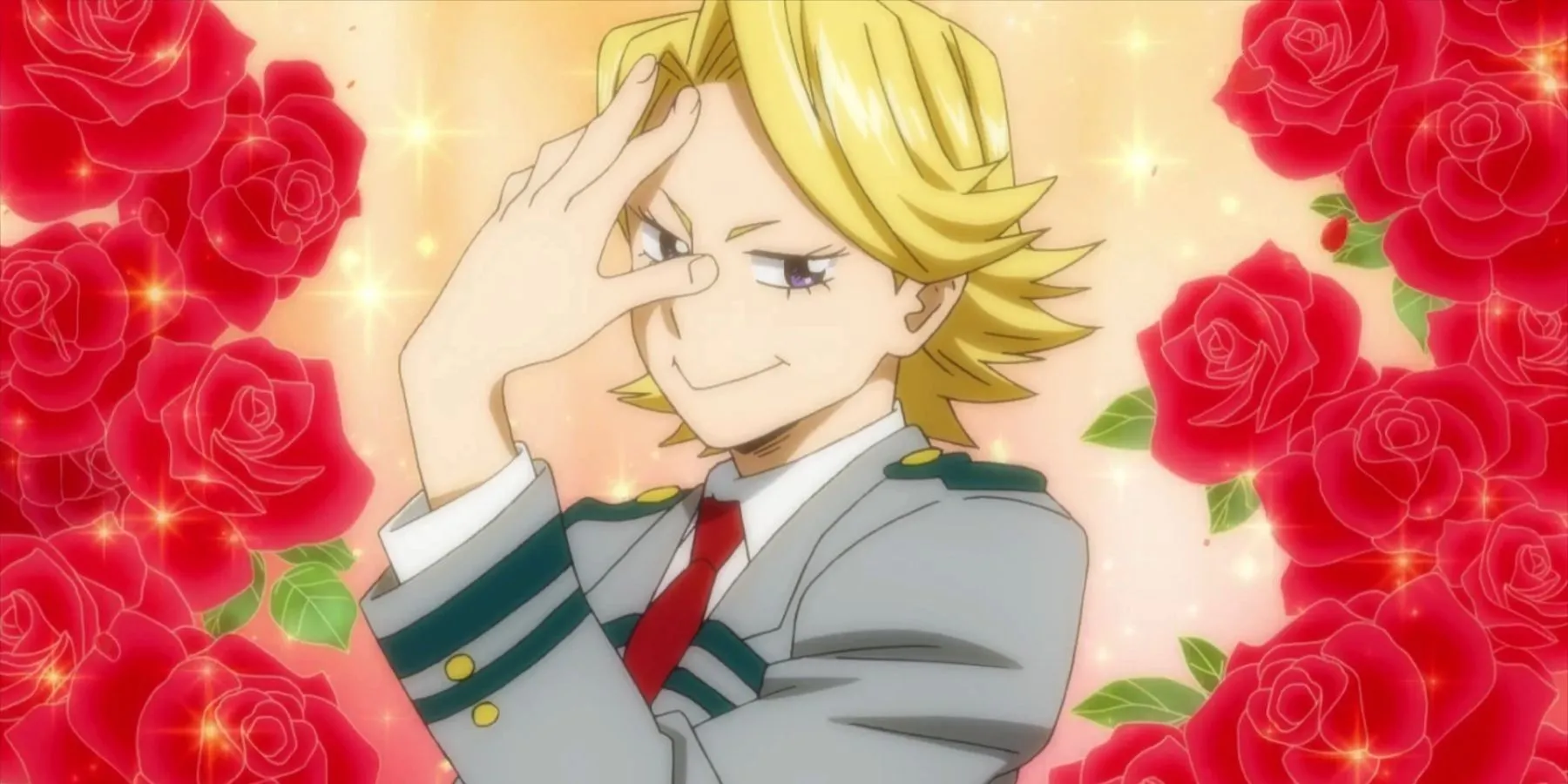
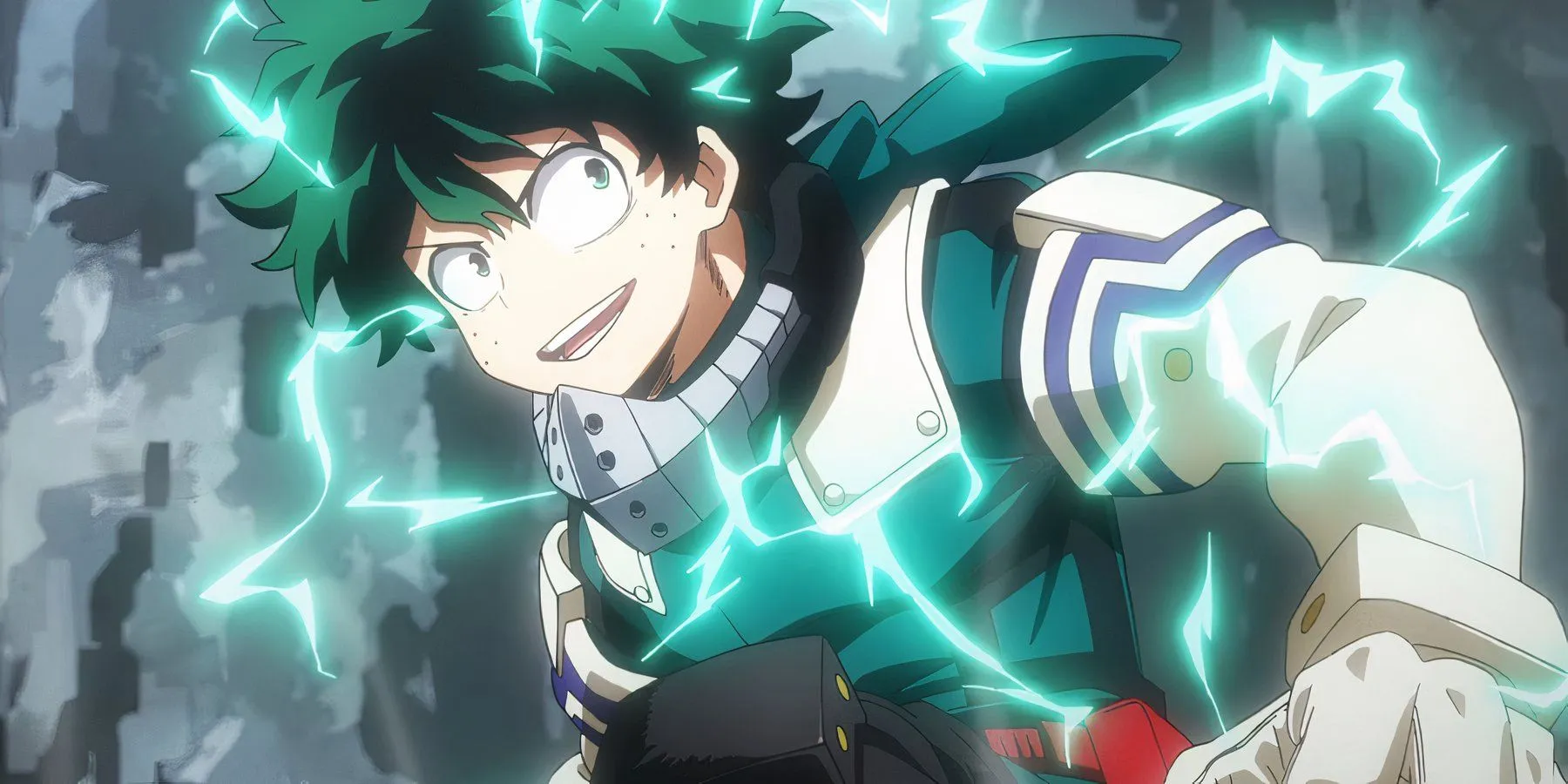
An individual’s personal identity encompasses how they perceive and define themselves, including their personality, values, and relationships. In My Hero Academia, characters often link their sense of self-worth closely with their quirks. Izuku Midoriya, for instance, faced the possibility of being quirkless from birth, leading him to feel inadequate and unworthy, unable to achieve his dream of heroism.
However, Midoriya’s interaction with All Might, followed by gaining the One For All quirk, transforms his view on life, allowing him to find purpose and a sense of acceptance. With a quirk, he recognizes his potential to be a hero, which significantly boosts his self-esteem.
Similarly, Yuga Aoyama faced the dilemma of being born without a quirk, which prompted him and his family to seek extraordinary means to acquire one. They turned to All For One, the notorious villain, who granted Aoyama his navel quirk, albeit with repercussions. Being quirkless in a society that celebrates superpowers instilled fear in Yuga’s parents about the discrimination he would encounter. Like Midoriya, Aoyama grapples with feelings of inferiority and unworthiness, and even after his acquisition of a quirk, he continues to feel insecure due to the means through which he obtained it.
Embracing Self-Acceptance
Individuals hold little sway over the quirks they possess, leading to diverse manifestations with varying degrees of power and versatility. This often results in comparisons where individuals feel lesser for not showcasing a more awe-inspiring or potent quirk. Eijiro Kirishima initially struggles with his own quirk, believing it to pale in comparison to others like Todoroki’s half-hot, half-cold abilities or Bakugo’s explosive powers. Over time, Kirishima learns to appreciate his hardening quirk, guided by his instructor Shota Aizawa, realizing that the essence of heroism lies beyond flashy abilities; it is grounded in resilience and determination. This acceptance allows him to feel a sense of community among his peers.
Quirks and Societal Roles
The Role of Quirk Holders in Society
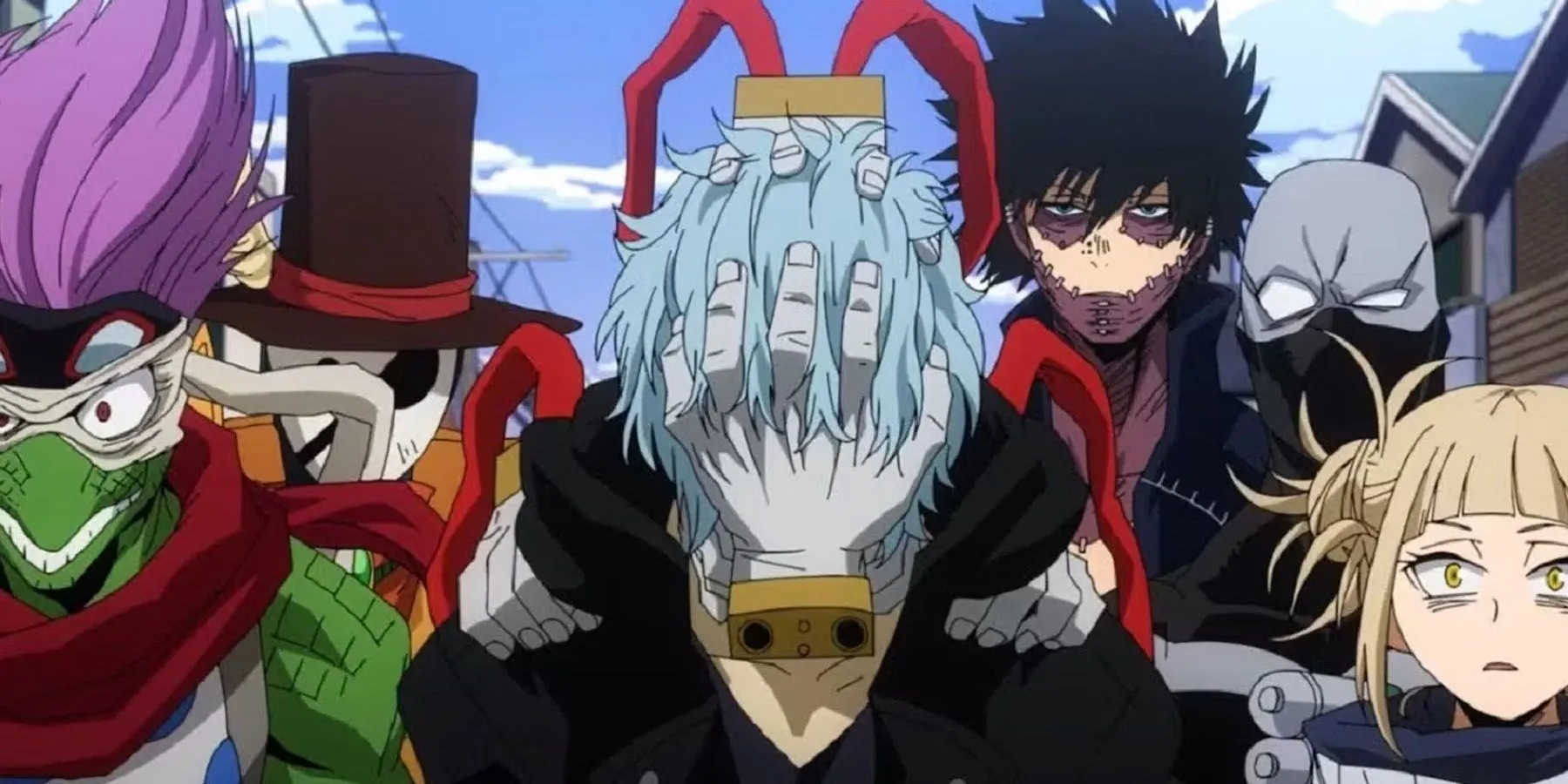
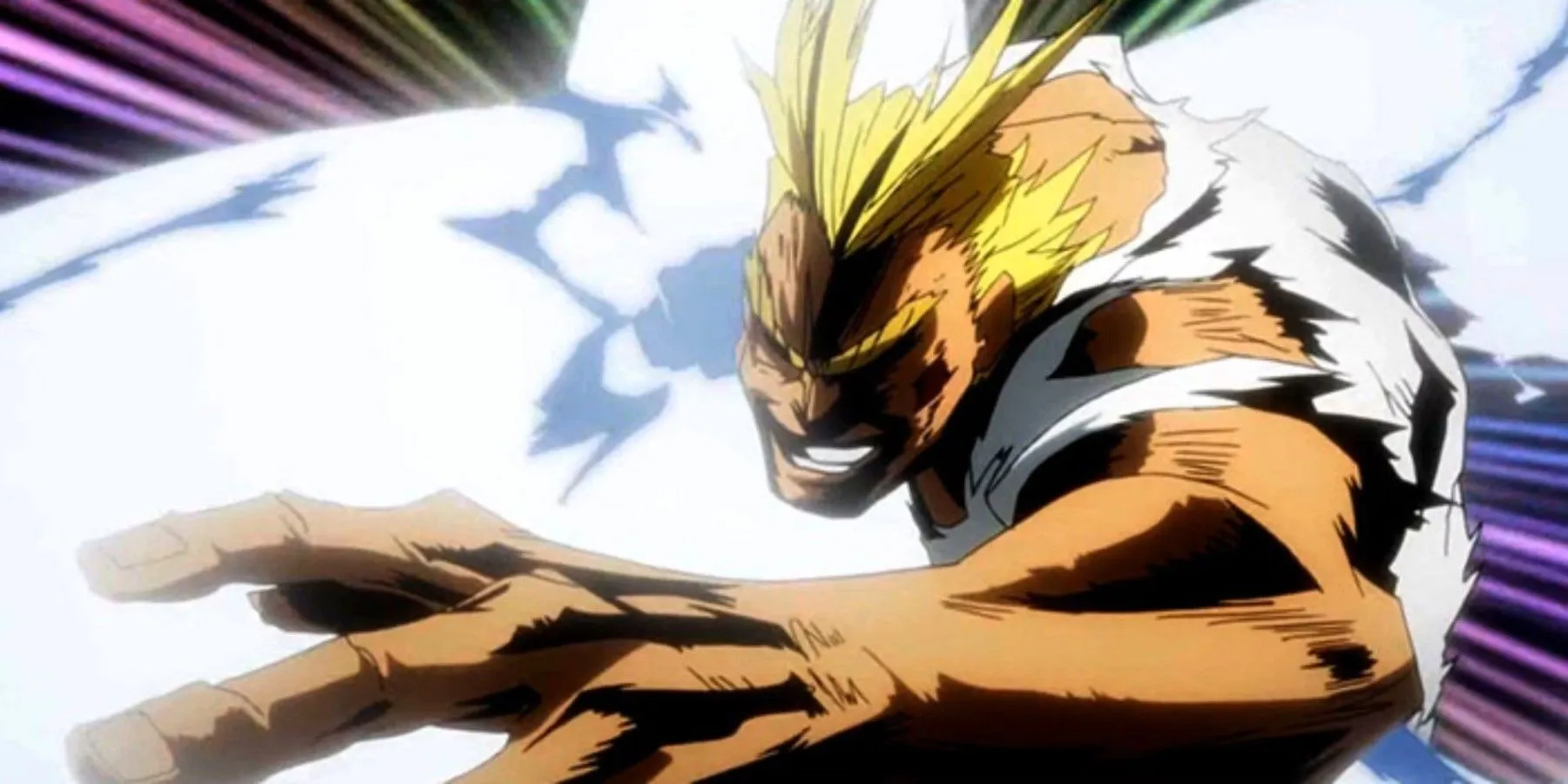
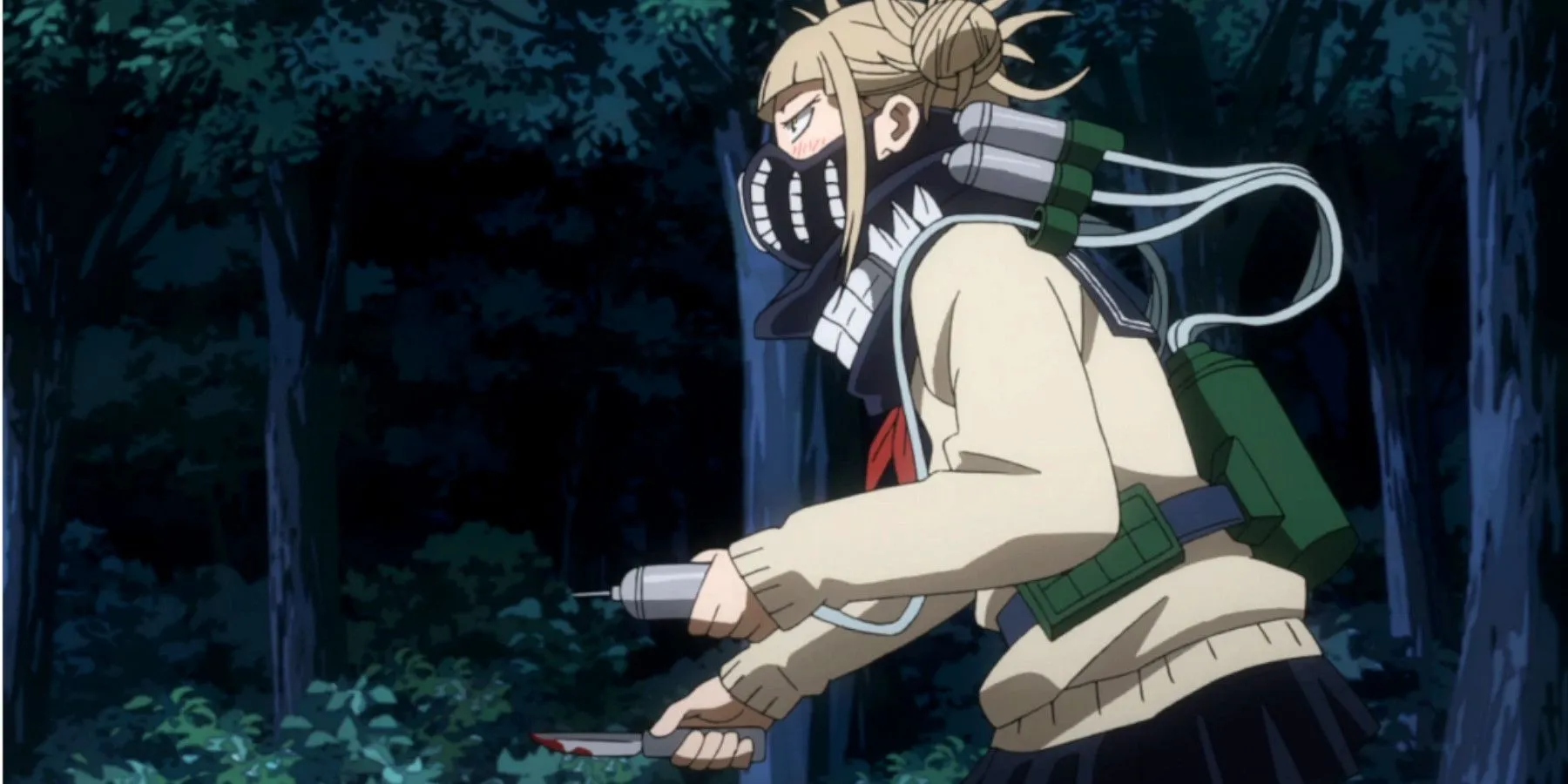
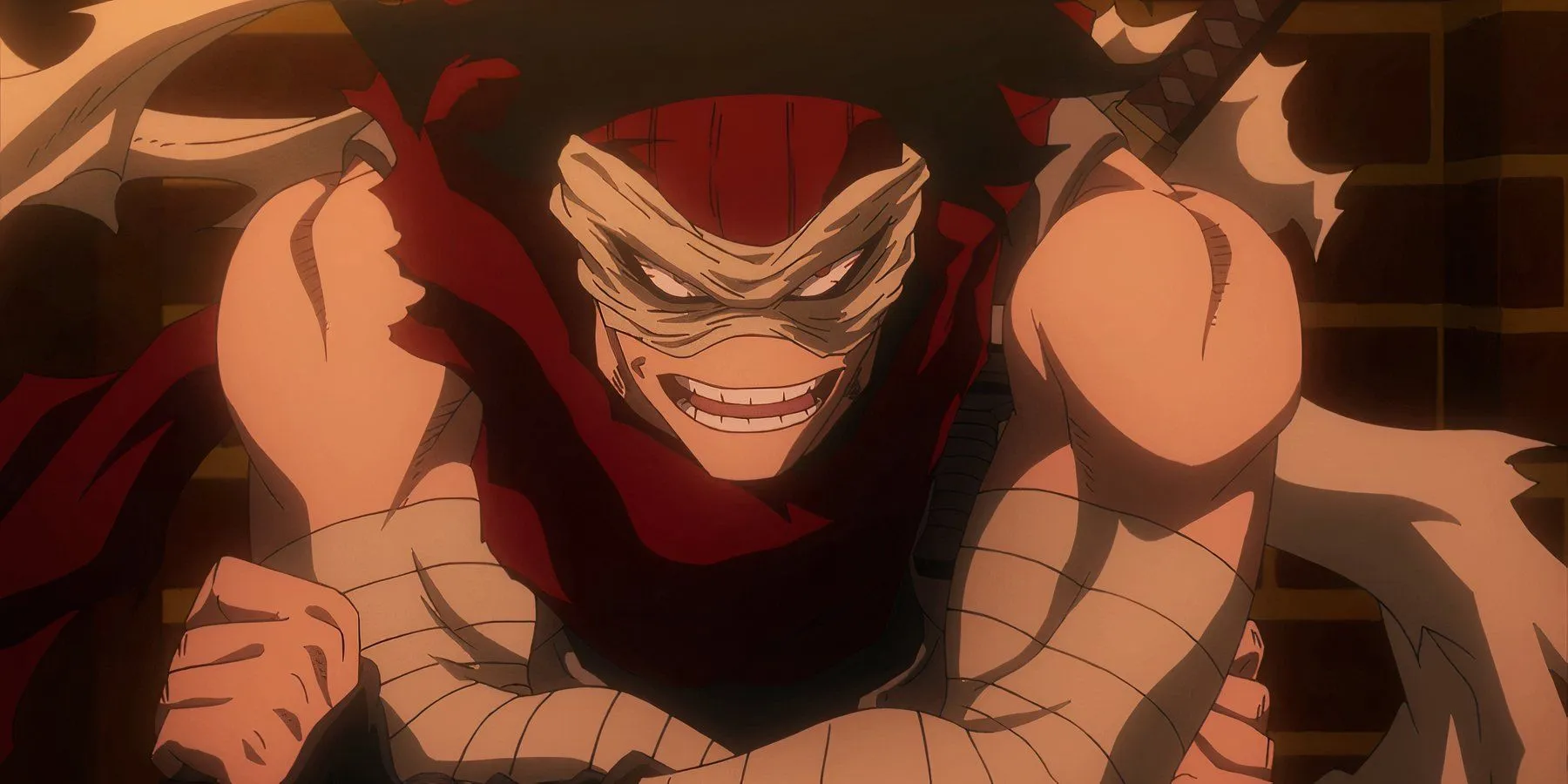
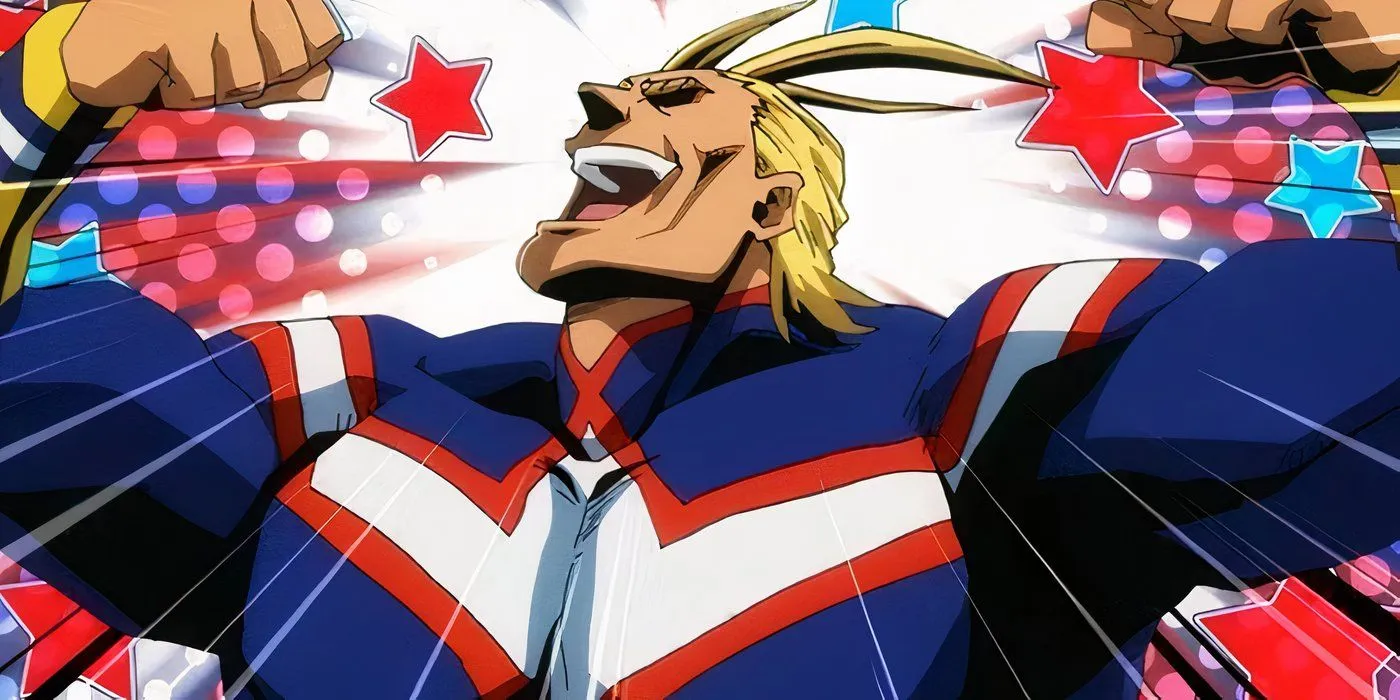
In this dynamic world, some wield their quirks for noble causes, while others embrace villainy. Consequently, this distinction gives rise to heroes and antagonists. Society anticipates that those who utilize their powers for good will safeguard their communities from criminal elements and refrain from marginalizing those without quirks.
Heroes earn societal acclaim for defending the community, while those who reject societal standards, such as Tomura Shigaraki and Dabi from the League of Villains, are branded as villains. The distinction between heroism and villainy is often influenced not solely by a person’s quirk but also by societal interpretations and reactions. For example, Stain, though a figure of villainy, is perceived variably; to some, his actions might appear heroically motivated, as he aims to eradicate false heroes driven by greed. Stain argues that a true hero should be selfless, prioritizing lives and justice above all.
Stain believes only All Might rightfully embodies heroism, condemning other heroes as self-serving. However, societal standards perceive him as a villain because of his lethal actions against those he views as unworthy.
All Might exemplifies societal expectations for quirk holders, being celebrated as the emblem of peace in Japan. His dedication to preventing crime has made him a revered figure; he continuously strives to protect citizens, even at great personal cost. Despite suffering severe injuries, All Might felt compelled to maintain his heroic role, living up to societal demands.
Prejudice and Its Implications
In a world entrenched in quirks, biases and discrimination are prevalent. Enji Todoroki demonstrates favoritism towards his son, Shoto, over his other children due to their varying quirk abilities. This bias significantly impacts his eldest son, Toya Todoroki, ultimately leading him to become the villain Dabi, known to many fans.
Individuals with destructive or ‘monstrous’ quirks, such as Spinner from the League of Villains, often face societal bias. Spinner possesses reptilian traits and encounters severe prejudice due to his appearance. This marginalization pushes individuals like Spinner to the edges of society, reinforcing an inflexible social setup where quirks predominantly dictate one’s societal status—either enabling them to rise or curtailing their opportunities.
Societal Pressure and Expectations
Expectations Placed on Quirk Holders
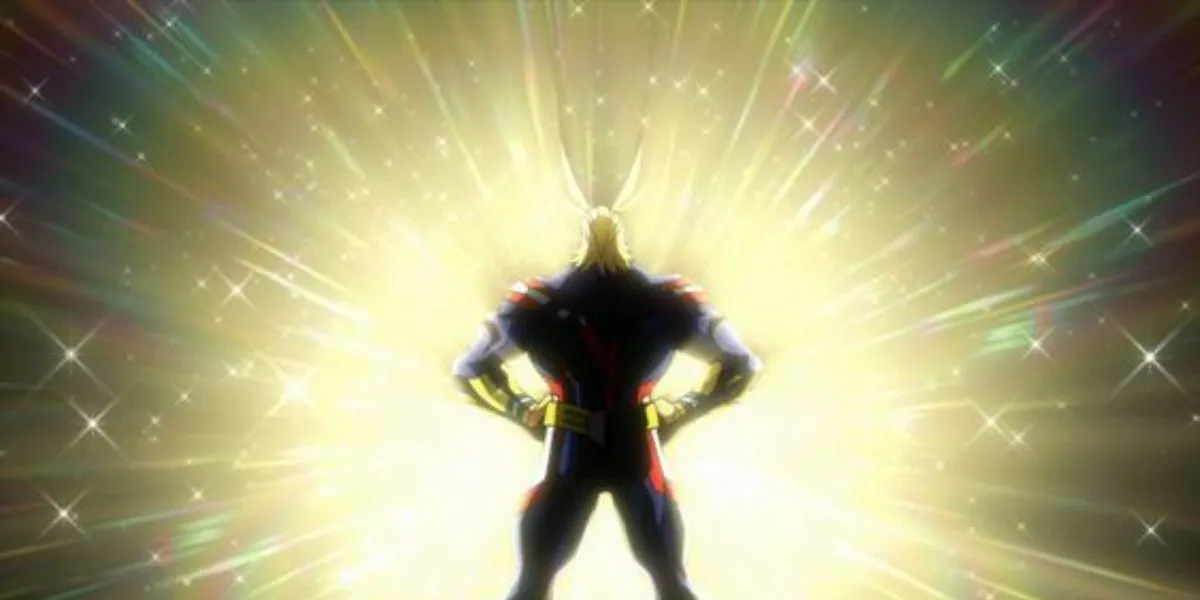
With great power comes significant responsibility, and individuals endowed with quirks inherently bear the weight of expectations associated with those powers. Characters with formidable quirks frequently face immense societal pressure to embody heroism. All Might’s One For All quirk marks him as the Symbol of Peace, burdening him with the responsibility of ensuring societal safety.
Even after sustaining life-altering injuries, All Might resisted retirement due to the public’s expectations for his continued protection, as he served as a formidable deterrent against villains. Ultimately, he had to retire upon losing the remnants of One For All, reducing him to a quirkless state and stripping him of his former glory.
The emergence of villains can also be traced back to societal attitudes. While quirks are frequently judged, some are perceived positively, while others are viewed negatively. Characters like Bakugo, praised for his explosive quirk, often face scrutiny for the nature of their abilities but manage to navigate the thin line between heroism and villainy. However, others—like Spinner, Dabi, Twice, and Himiko Toga—have become villains partly due to society’s rejection based on how their quirks set them apart.
Conclusion
Existing within a superpowered society imposes substantial pressure on individuals regarding their self-acceptance and societal expectations. The presence of a quirk leads to binary roles as heroes or villains, leaving quirkless individuals with limited choices in defining their identities, aside from never being able to become heroes. Quirks transcend mere super abilities; they influence destiny, dictate social interactions, and fundamentally shape individuals’ perceptions of themselves.
My Hero Academia is currently available for streaming on Crunchyroll.




Leave a Reply